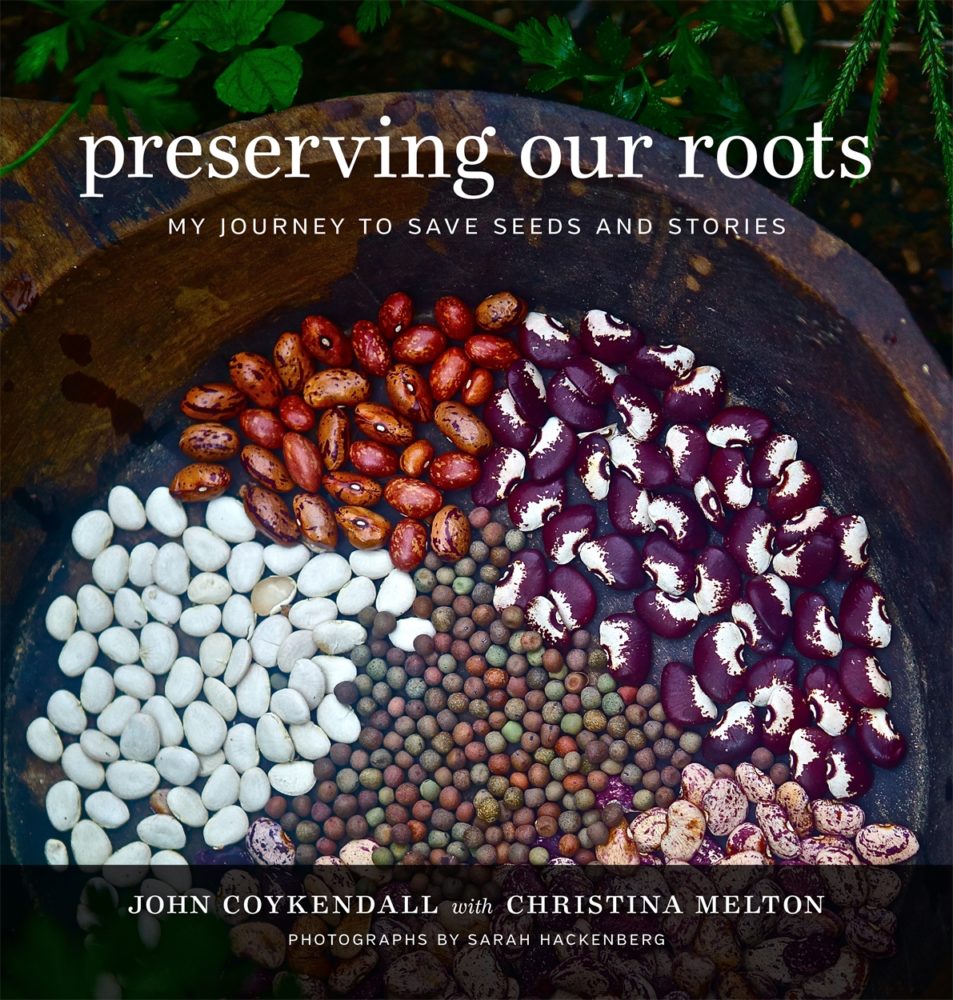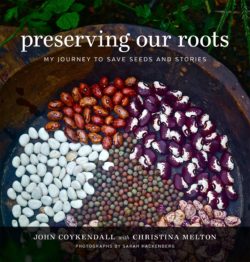Parish Spotlight
Preserving Our Roots
John Coykendall’s life in plants
Published: December 1, 2019
Last Updated: June 1, 2023

LSU Press
Coykendall had been consumed by art and farming since the age of sixteen, when he discovered a 1913 seed catalogue filled with botanical prints and finely engraved renderings depicting intriguing heirloom varieties he’d never seen before. Later, as a graduate student, the budding self-taught botanist turned his attention to fine art, finishing with a graduate degree from the School of the Museum of Fine Arts in Boston.
From that very first trip, Coykendall kept meticulous records of his visits in journals, filled with old-timer tales, recipes, and illustrations rendered in his ever-present, hand-sharpened pencil. In the little town of Franklinton, he’d found a farming community much like those that once stretched across America. Many such places had been lost to modernization, but Washington Parish’s agrarian cultural heritage remained. Many of the original families still remained on homesteads created in the 1930s, when national timber companies clear-cut the long-leaf virgin pine forests to create small, cheap farm plots affordable to African Americans and immigrants who had worked clearing the land. Located conveniently close to rail lines originally built by the timber companies, Washington Parish became a significant truck-farming supplier for fresh produce, delivered by rail south to New Orleans and as far north as Chicago during much of the 20th century.
By 1978, farming called Coykendall home to Tennessee, where today, he is an internationally renowned horticulturalist who serves as master gardener at Blackberry Farm, a well-known rural luxury resort in the Smoky Mountains. In January 2015, documentary filmmaker Christina Melton was vacationing there with her husband when the two wandered down to the garden shed. There they found Coykendall, sitting by the fire, shelling peas. Learning the pair was from Louisiana, he told them of his annual trips to Washington Parish and offered to share some of his journals the following day. When Melton saw the unbelievable wealth of information, she asked how many journals existed. He answered, “Well, it’s been forty years… about four journals a trip….”
That chance meeting resulted in Coykendall’s new book Preserving Our Roots: My Journey to Save Seeds and Stories, a fall 2019 release by LSU Press, co-authored by Christina Melton. Pages of Coykendall’s original journals appear alongside authentic recipes for dishes like cornmeal dumplings cooked in potlikker and the biscuits that made local woman Beulah Mae Lang famous among biscuit connoisseurs. Coykendall shares the complex process of harvesting turpentine from pine trees, reports how to make a tar pit, and records the compelling tale of the “unknown pea of Washington Parish.” Historians, cooks, and gardeners alike will find great delight and generations’ worth of preserved knowledge in the pages of this important work.
Author, radio host, and media personality Poppy Tooker is a native New Orleanian who has spent her life immersed in the vivid flavors of her hometown. Although normally known for her culinary histories, like the Tujague’s and Pascal’s Manale cookbooks, Poppy’s sixth book, Drag Queen Brunch, debuted in the fall of 2019.
